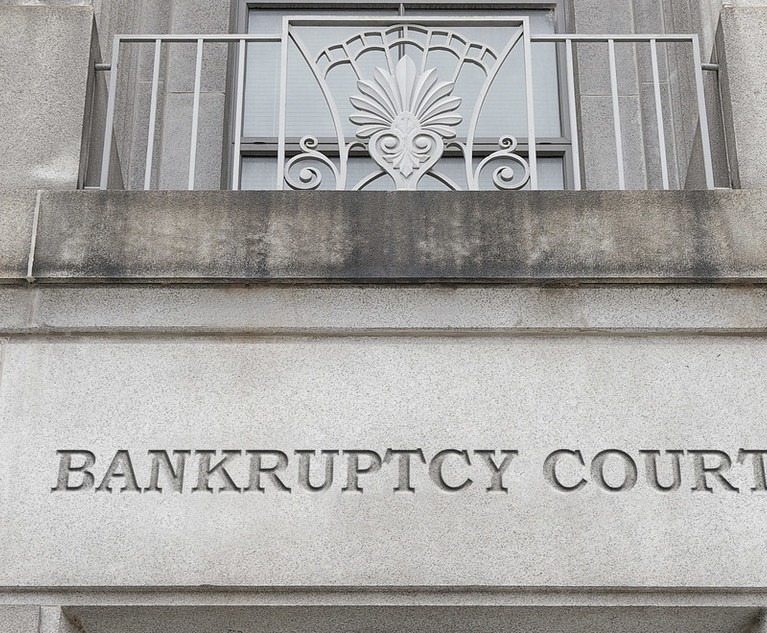Title VII of the Civil Rights Act of 1964 makes it unlawful “to discriminate against any individual with respect to his compensation, terms, conditions, or privileges of employment, because of such individual’s … religion.” As originally enacted by Congress, Title VII did not explicitly require an employer to accommodate an employee’s religious practices. That changed when the Equal Employment Opportunity Act of 1972 amended Title VII to define religion as “all aspects of religious observance and practice, as well as belief, unless an employer demonstrates that he is unable to reasonably accommodate to an employee’s or prospective employee’s religious observance or practice without undue hardship on the conduct of the employer’s business.”
To establish a prima facie case of discrimination under Title VII, a plaintiff must plausibly allege two elements: the employer discriminated against the plaintiff because of the plaintiff’s race, color, religion, sex or national origin. See, e.g., Lowman v. NVI, 821 F. App’x 29 (2d Cir. 2020). In a case involving alleged religious discrimination, a plaintiff may satisfy this burden by plausibly alleging that he or she actually requires an accommodation of his or her religious beliefs or practices and that the employer’s desire to avoid the prospective accommodation was a motivating factor in an employment decision. See, e.g., Equal Employment Opportunity Commission (EEOC) v. Abercrombie & Fitch Stores, 575 U.S. 768 (2015). If the employee establishes a prima facie case, the burden then shifts to the employer to show it could not accommodate the employee’s religious beliefs or practices without undue hardship on the conduct of its business. See, e.g., Knight v. State Department of Public Health, 275 F.3d 156 (2d Cir. 2001).
This content has been archived. It is available through our partners, LexisNexis® and Bloomberg Law.
To view this content, please continue to their sites.
Not a Lexis Subscriber?
Subscribe Now
Not a Bloomberg Law Subscriber?
Subscribe Now
LexisNexis® and Bloomberg Law are third party online distributors of the broad collection of current and archived versions of ALM's legal news publications. LexisNexis® and Bloomberg Law customers are able to access and use ALM's content, including content from the National Law Journal, The American Lawyer, Legaltech News, The New York Law Journal, and Corporate Counsel, as well as other sources of legal information.
For questions call 1-877-256-2472 or contact us at [email protected]


 U.S. Postal trucks sit in a parking lot at a U.S. Post Office in Baltimore, MD. August 19, 2020. Photo:
U.S. Postal trucks sit in a parking lot at a U.S. Post Office in Baltimore, MD. August 19, 2020. Photo:




